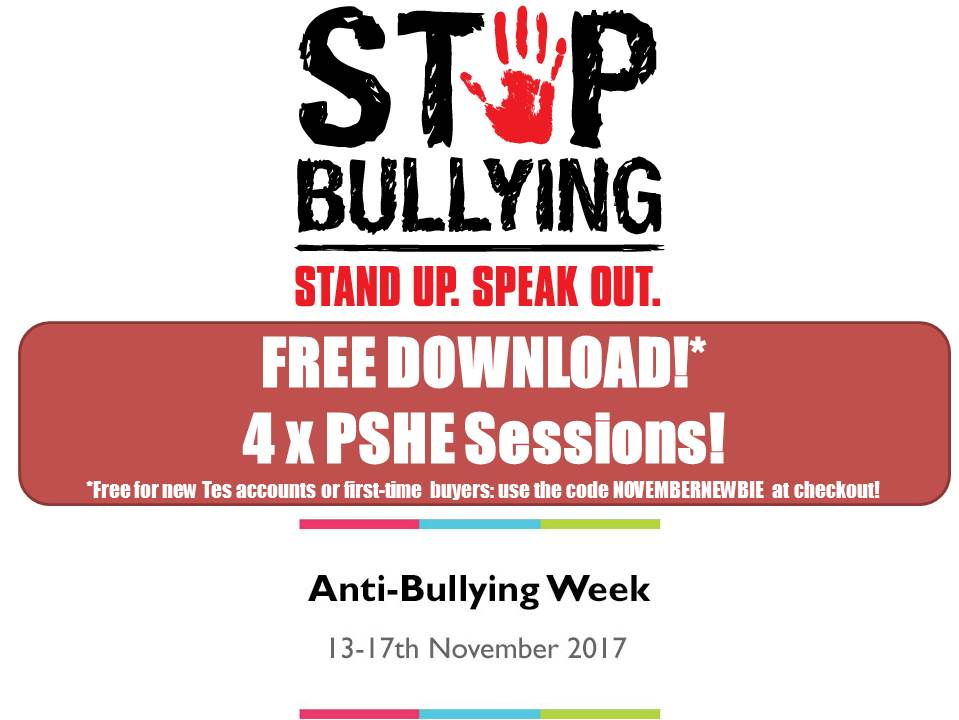Religion, Philosophy, Sociology & Ethics Resource Base
Resources for Religious Studies, Sociology, Philosophy, Ethics and Humanities. We specialise in making whole units and courses for ultimate convenience and time-saving. We always aim to make the best resource for a given topic: our goal is perfection and our resources have helped educate 1 million+ students! In order to encourage ratings and reviews, if you buy any of our products, are happy with your purchase, and leave a 5* rating for it: just email us and we'll send you a free bonus gift!

![Marxist Views - Family - L15/20 [ WJEC EDUQAS GCSE Sociology] Families](https://d1e4pidl3fu268.cloudfront.net/bd56d28c-504a-49b2-a97f-c6b2e52c5cb5/Cover.jpg)



![The Philosophy & Ethics Debate Pack [P4C] [Philosophy for Children] [Over 400 Debates!]](https://d1e4pidl3fu268.cloudfront.net/fd42f7df-0ce5-40e3-bd35-7cd37475025e/image.png)
![Video-Learning Worksheets [x10] (AfL, Worksheet, Worksheets, Printables, Documentaries, Videos)](https://d1e4pidl3fu268.cloudfront.net/8de37b10-b2b7-4f4f-930e-8bd24dd3a0bc/VideoLearningWorksheetsPrintOffAnyOne10WorksheetWorksheetsYoutubeYoutubeEducationalResources.crop_959x720_0,0.preview.jpg)
![KS3 Buddhism - Religions of China [Video Learning Session] (Chinese Religions)](https://d1e4pidl3fu268.cloudfront.net/30b46188-9bc0-4b8c-aa4a-05ffcbcc071c/VideoLesson.crop_960x718_0,0.preview.jpg)


![KS3 Buddhism - Buddhism in Britain & Around the World [Video Learning Session]](https://d1e4pidl3fu268.cloudfront.net/bf427740-fc4a-4897-be32-e25156e03ac8/VideoLesson.crop_960x718_0,0.preview.jpg)


![GCSE Sociology Bundle [With Xmas Quiz!] [Over 100 Files!]](https://d1e4pidl3fu268.cloudfront.net/795f911b-1cc6-4bcb-b1d2-0345618d44f4/image10.png)

![Geography! Geography! Geography! [Video Learning Pack]](https://d1e4pidl3fu268.cloudfront.net/b380a920-c118-4744-879f-3368d4f75bea/MMGeographyGeographersRocksCloudsWaterfallsEnvironmentalSciencevideoLearningPackCoverScienceChemistryBiologyPhysicsResourceResourcesTesVideoDocumentaryLessonWorksheet.crop_959x720_0,0.preview.jpg)





